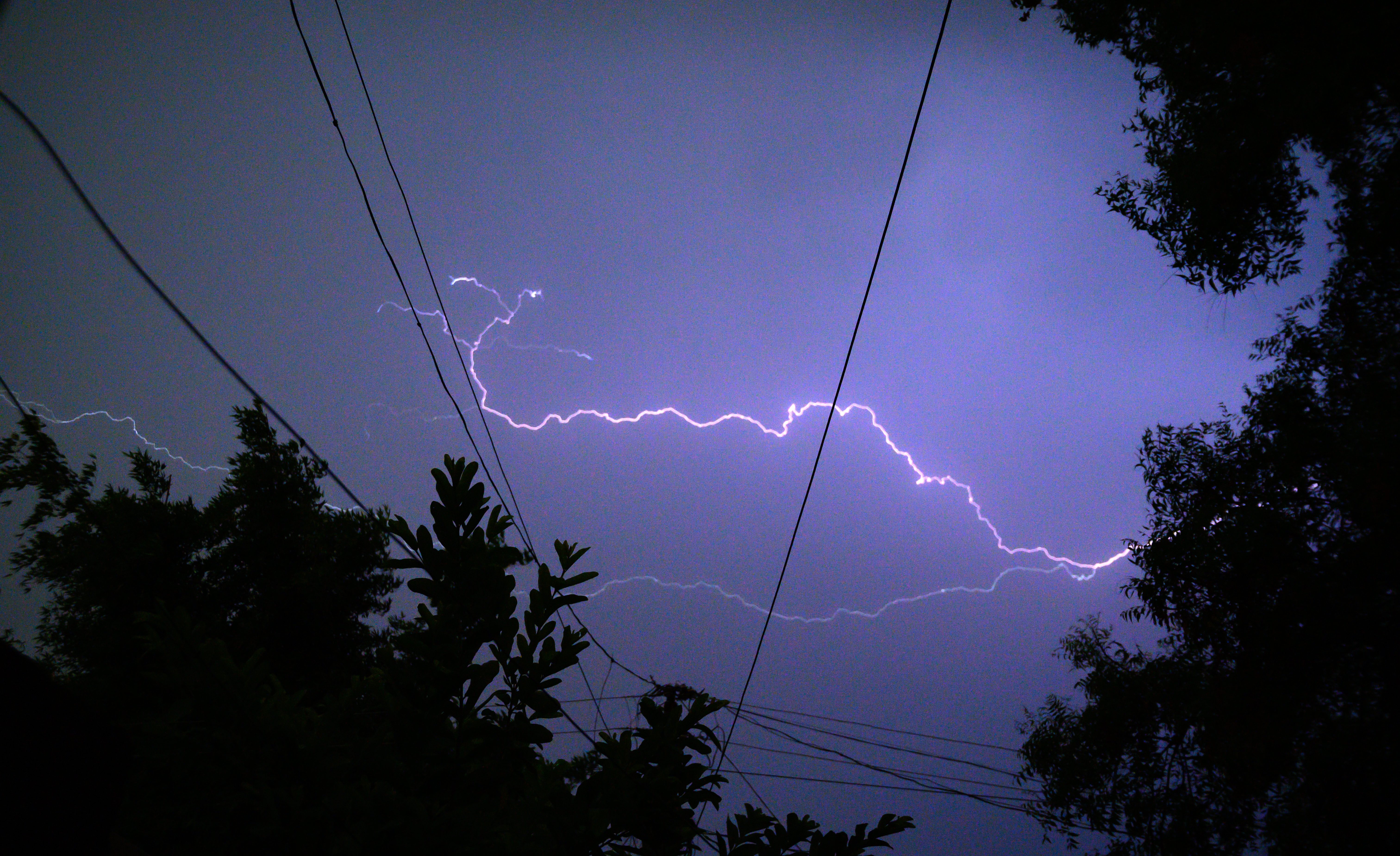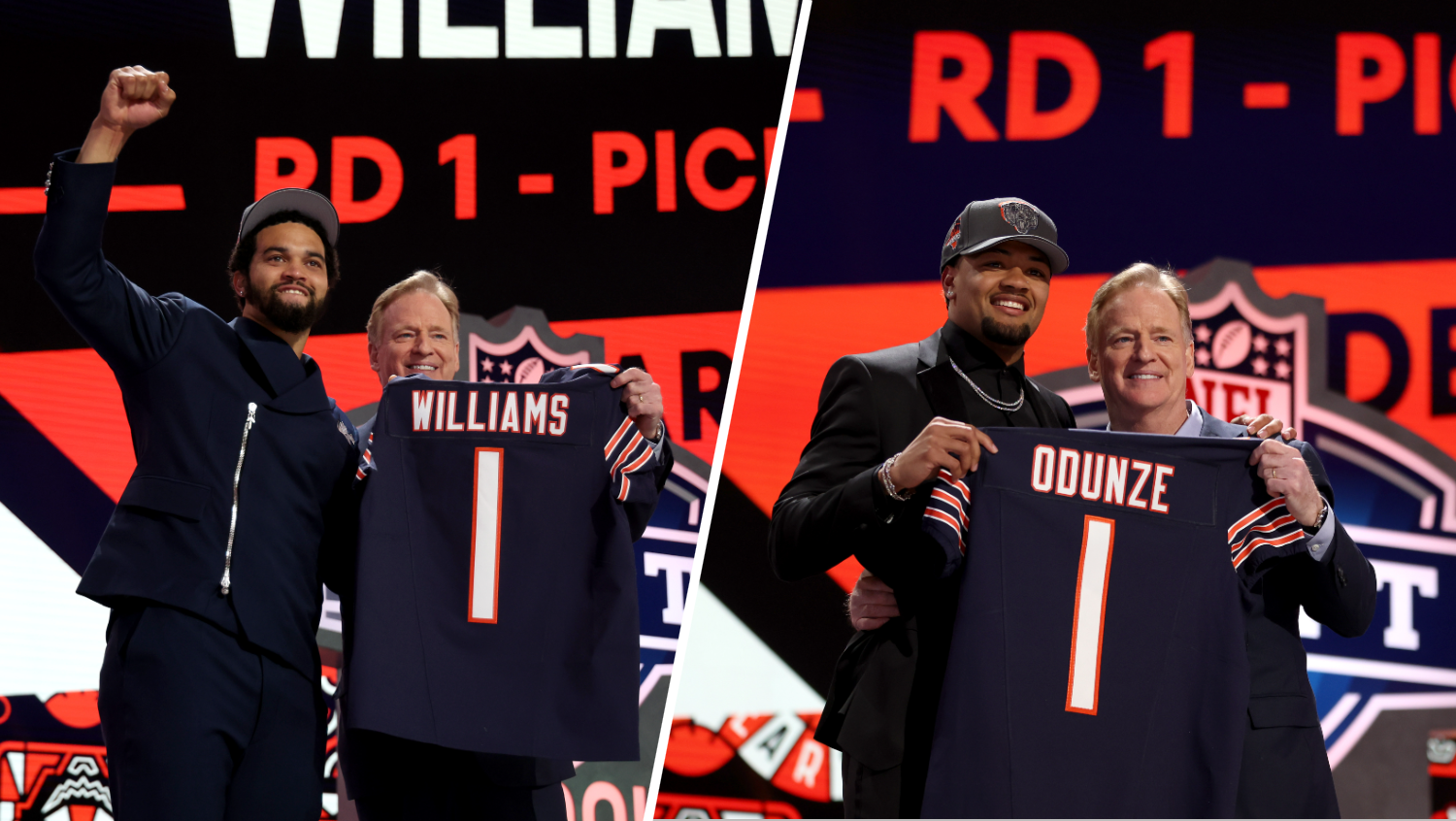The Food and Drug Administration on Wednesday authorized new COVID booster shots known as a "bivalent" vaccines, what does that mean and how exactly are they different from previous COVID vaccines administered earlier in the pandemic?
Until now, COVID-19 vaccines have targeted the original coronavirus strain, even as wildly different mutants emerged. The new U.S. boosters are combination, or “bivalent,” shots. They contain half that original vaccine recipe and half protection against the newest omicron versions, called BA.4 and BA.5, that are considered the most contagious yet.
The combination aims to increase cross-protection against multiple variants.
"It's a mix of two versions of the vaccine," Chicago Department of Public Health Commissioner Dr. Allison Arwady said. "It's both a booster protection against the original coronavirus strain - so it's like getting the kind of booster that you've had all along - but new and for the first time, there also will be protection against the BA.4 and BA.5 omicron subvariants."
Feeling out of the loop? We'll catch you up on the Chicago news you need to know. Sign up for the weekly Chicago Catch-Up newsletter here.
The move by the FDA tweaks the recipe of shots made by Pfizer and rival Moderna that already have saved millions of lives just ahead of the Labor Day holiday weekend. The hope is that the modified boosters will blunt yet another winter surge.
“It really provides the broadest opportunity for protection,” Pfizer vaccine chief Annaliesa Anderson told the AP.
The updated boosters are only for people who have already had their primary vaccinations, using the original vaccines. Doses made by Pfizer and its partner BioNTech are for anyone 12 and older while Moderna's updated shots are for adults — if it has been at least two months since their last primary vaccination or their latest booster. They're not to be used for initial vaccinations.
News
Still, there’s one more step before a fall booster campaign begins: The Centers for Disease Control and Prevention must recommend who should get the additional shot. An influential CDC advisory panel will debate the evidence Thursday — including whether people at high risk from COVID-19 should go first.
The U.S. has purchased more than 170 million doses from the two companies. Pfizer said it could ship up to 15 million of those doses by the end of next week.
So how effective are they?
Since July 2, the BA.5 omicron subvariant has been the dominant strain of COVID in the United States, and according to Chicago’s top doctor, that is a good thing for the updated vaccines.
Arwady said that the continued dominance of BA.5 has prevented another COVID variant from taking a foothold, and could mean that boosters will be even more effective in preventing breakthrough infections and serious illness.
“My concern was that we may see a new variant emerge before we got the new vaccine, and you’d be right back where you started,” she said. “If this pattern can hold, and we can quickly roll out this updated vaccine in September, and we see a lot of good uptake, it would, I think, have the potential to really help cut the risk of breakthrough infections, and have a significant impact on transmission.”
FDA vaccine chief Dr. Peter Marks said last week that once authorized, the tweaked boosters could help right away — while BA.5 infections still are too high — as well as hopefully blunt yet another winter surge.
Marks told the Associated Press that the new boosters could rev up the immune system to prevent not just serious illness but maybe milder infections, too, like the original vaccines did earlier in the pandemic, before super-contagious mutants emerged.
“The hope here is that by better matching things, not only will we get that benefit or even more, but we'll also have that last for a longer period of time,” he said.
But Dr. Paul Offit, a vaccine expert at the Children’s Hospital of Philadelphia and an FDA vaccine adviser, said the antibody jump from that earlier BA.1-tweaked candidate was “underwhelming.”
“What the administration is asking us to do is to accept this bivalent vaccine as significantly better” than another dose of today’s vaccine, he said. “It would be nice if there were data to support that.”
The original vaccines still offer strong protection against severe disease and death from COVID-19 for most generally healthy people, especially if they got that important first booster dose. It’s not clear just how much more benefit an updated booster will bring — beyond a temporary jump in antibodies capable of fending off an omicron infection.
One reason: The FDA cleared the modifications ahead of studies in people, a step toward eventually handling COVID-19 vaccine updates more like yearly flu shots.
First, FDA checked human studies of earlier Pfizer and Moderna attempts to update their vaccines — shots matching the omicron strain that struck last winter. That recipe change was safe, and substantially boosted antibodies targeting the earlier variant — better than another dose of the original vaccine — while adding a little protection against today's genetically distinct BA.4 and BA.5 omicron versions.
But FDA ordered the companies to brew even more up-to-date doses that target those newest omicron mutants instead, sparking a race to roll out shots in less than three months. Rather than waiting a few more months for additional human studies of that recipe tweak, Marks said animal tests showed the latest update spurs “a very good immune response.”
The hope, he said, is that a vaccine matched to currently spreading variants might do a better job fighting infection, not just serious illness, at least for a while.
"This is actually how we do updated flu vaccines every year," Arwady said. "So it's nothing different from that. So, what I would say is that this exact updated vaccine did not have the full scope of, like, the extended human trial, like an earlier one would have, but that's not a concern from a safety or efficacy standpoint because it was done with the earlier versions and using the same technology."



